As an Interior Designer specializing in kitchen and bath design and the owner of a Construction Company, I’ve witnessed firsthand the transformative power of both a well-executed and poorly executed remodel. A common misconception that I often encounter is the belief that a construction estimate should precede design. In reality, meticulous planning and design are the bedrock upon which successful remodeling projects are built. If you aren’t planning on hiring a designer for your project you probably think the first step is to call a contractor so you can get a sense of what it’s going to cost so you can set a budget. The problem with this is that a contractor can’t bid a job if they don’t know what your end goal is. Here I’ll delve into why designing a space before involving the contractor is not just beneficial but absolutely essential. If you can find a contractor who is willing, finalizing the design with the contractor simultaneously is even better.
Don’t give contractors the opportunity to send you a change order!!
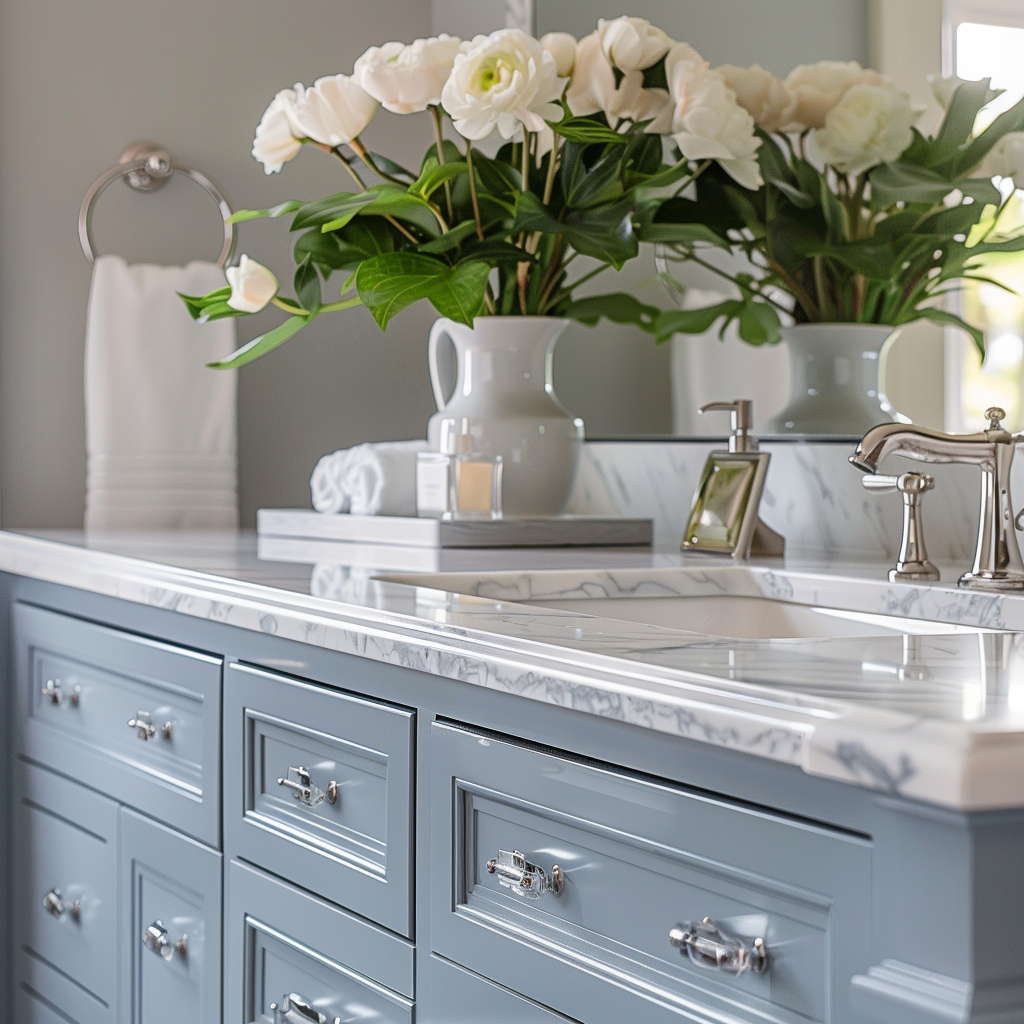
Vision Clarity: Design serves as the blueprint for your project, helping clarify your vision before any physical work begins. By articulating your aesthetic preferences, functional requirements, and overall goals during the design phase, you set a clear direction for the project. This clarity ensures that every aspect of the remodel, from structural changes to finishing touches, aligns harmoniously with your vision.
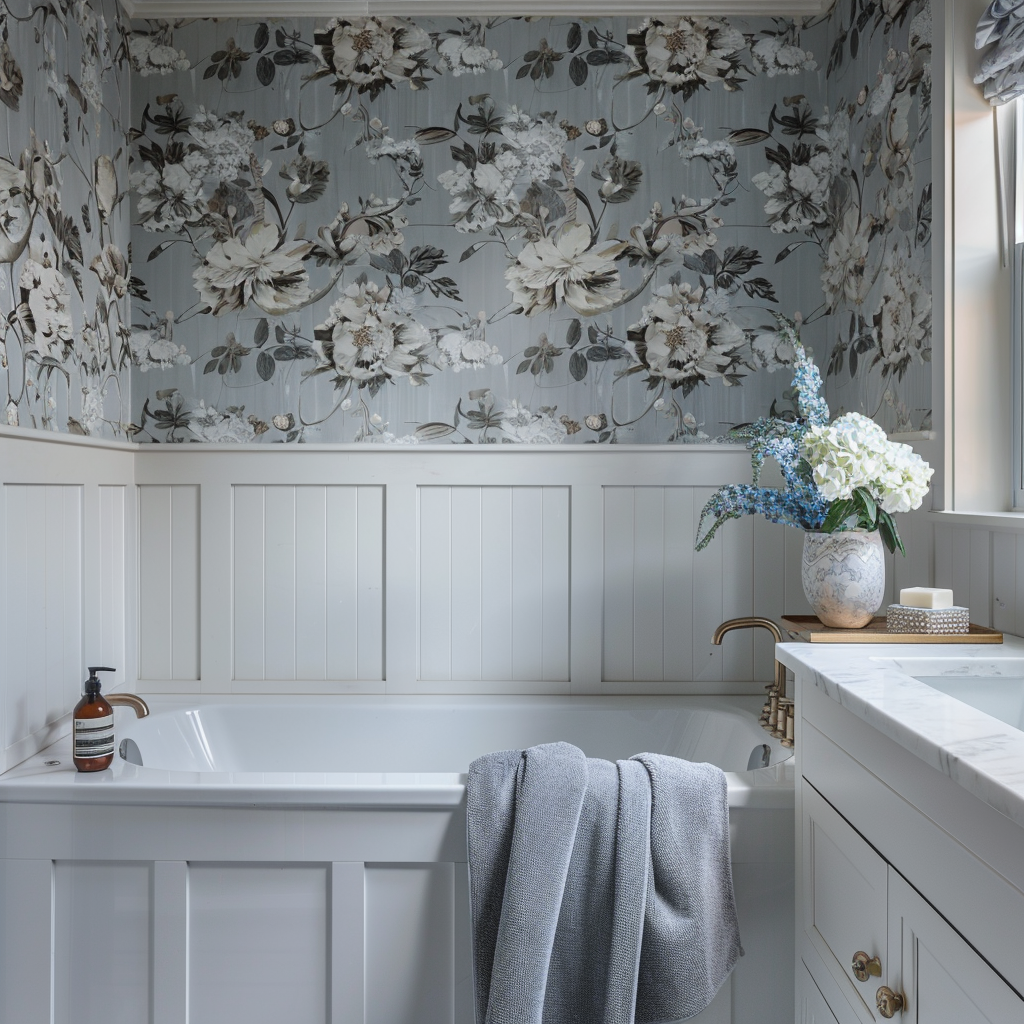
Maximizing Functionality: A well-designed space not only enhances aesthetic appeal but also optimizes functionality. Through thoughtful space planning and layout considerations, designers can identify opportunities to improve flow, maximize storage, and enhance usability. Addressing these aspects during the design phase allows for seamless integration of functional elements into the remodel, ensuring that the final result not only looks stunning but also enhances the way you live in your home.
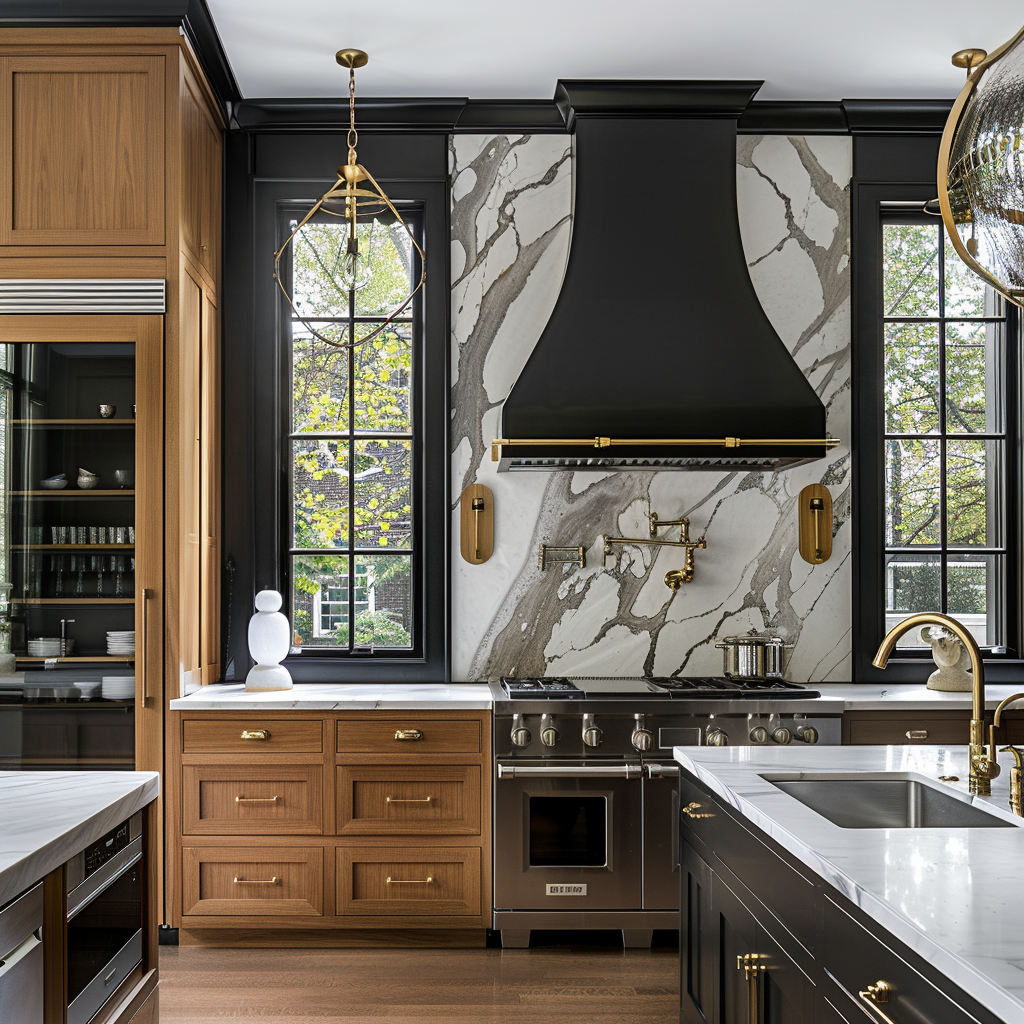
Budget Optimization: Designing before construction isn’t just about aesthetics—it’s also a strategic approach to budget management. By developing a comprehensive design plan upfront, designers can accurately assess the scope of work and anticipate potential challenges or expenses. This proactive approach enables informed decision-making regarding materials, finishes, and design features, helping prevent costly surprises during the construction phase. Additionally, a well-defined design plan allows for better contractor collaboration and ensures that the project stays on track and within budget. How is a contractor supposed to accurately bid your project if they don’t know what finishes they are using?
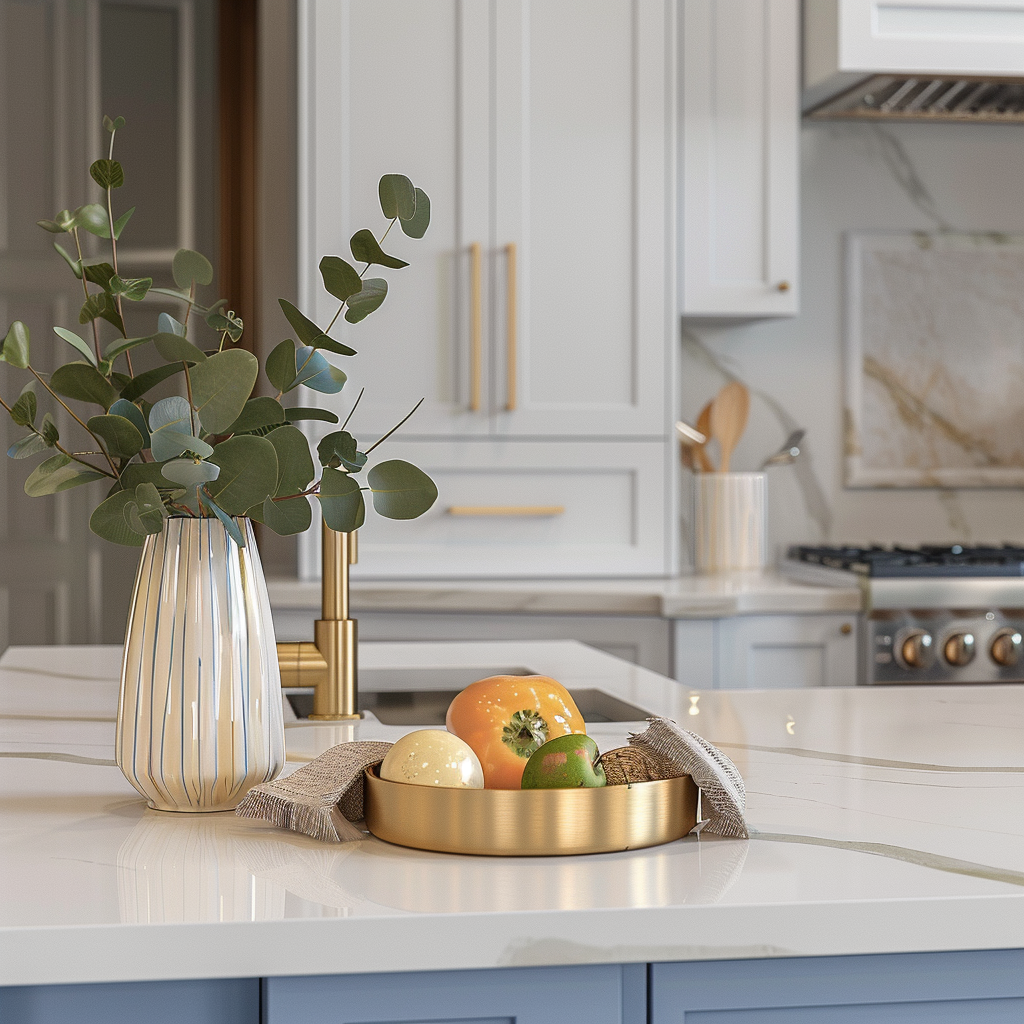
Minimizing Errors and Rework: Design serves as a roadmap for the entire remodeling process, guiding contractors every step of the way. By thoroughly addressing design details, material selections, and spatial considerations upfront, designers help minimize errors and costly rework during construction. This proactive approach not only streamlines the remodeling process but also fosters a smoother and more efficient project timeline, ultimately saving time and money while ensuring a superior end result.
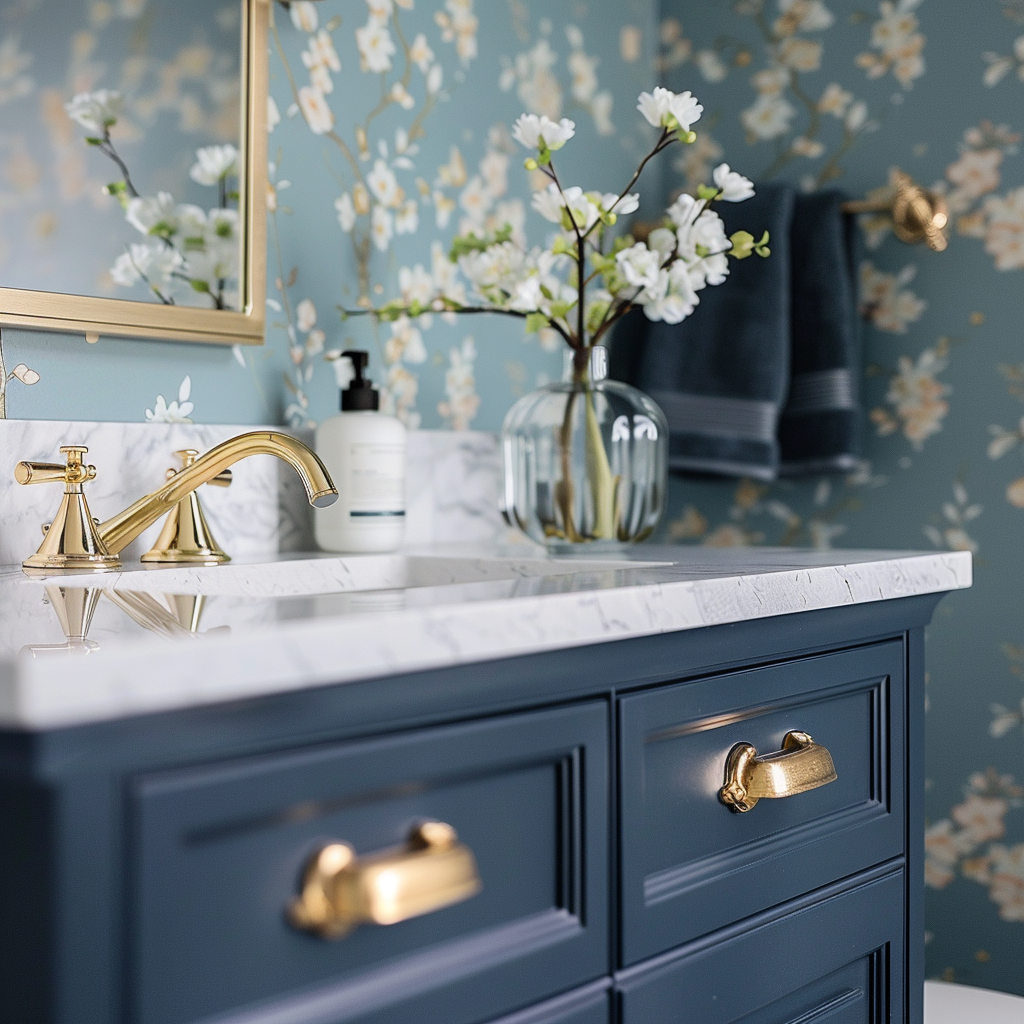
Personalization and Customization: Your home should be a reflection of your unique personality and lifestyle. Designing before construction allows for unparalleled personalization and customization, as designers work closely with clients to tailor every aspect of the remodel to their preferences and needs. Whether it’s selecting bespoke finishes, incorporating meaningful design elements, or optimizing spatial layouts, the design phase offers endless opportunities to infuse your personality into the project, resulting in a truly one-of-a-kind space. Otherwise, many contractors like to play designer and give design advice for 2 reasons: 1) It’s easier for them so they try to steer you in a direction because of laziness 2) It makes them more money so they try to get you to upgrade.
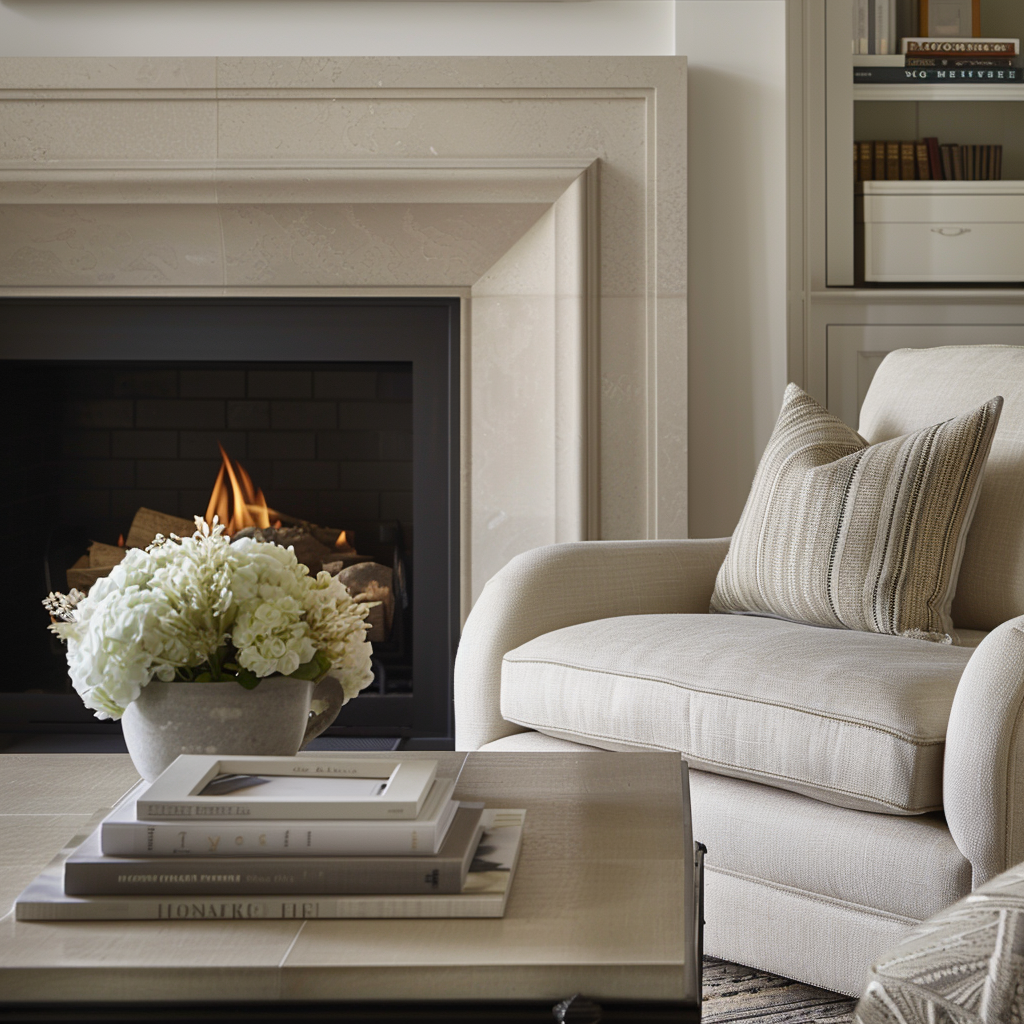
In essence, designing a space before bringing in the contractor isn’t just a best practice—it’s a fundamental principle of successful remodeling projects. If you’ve hired a professional Interior Designer, they probably have a contractor, if not several, that they typically work with that they can collaborate with to help you stay in budget. By prioritizing design, homeowners lay the groundwork for their remodel. So, before you embark on your next remodeling journey, remember: great design sets the stage for construction excellence.



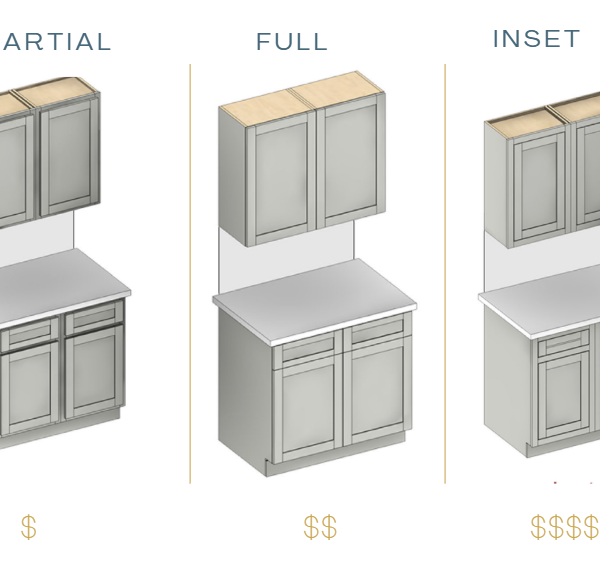
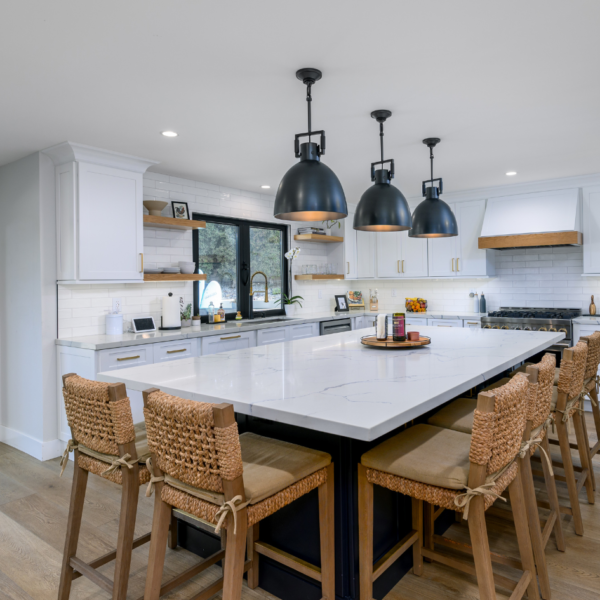

Leave a Reply